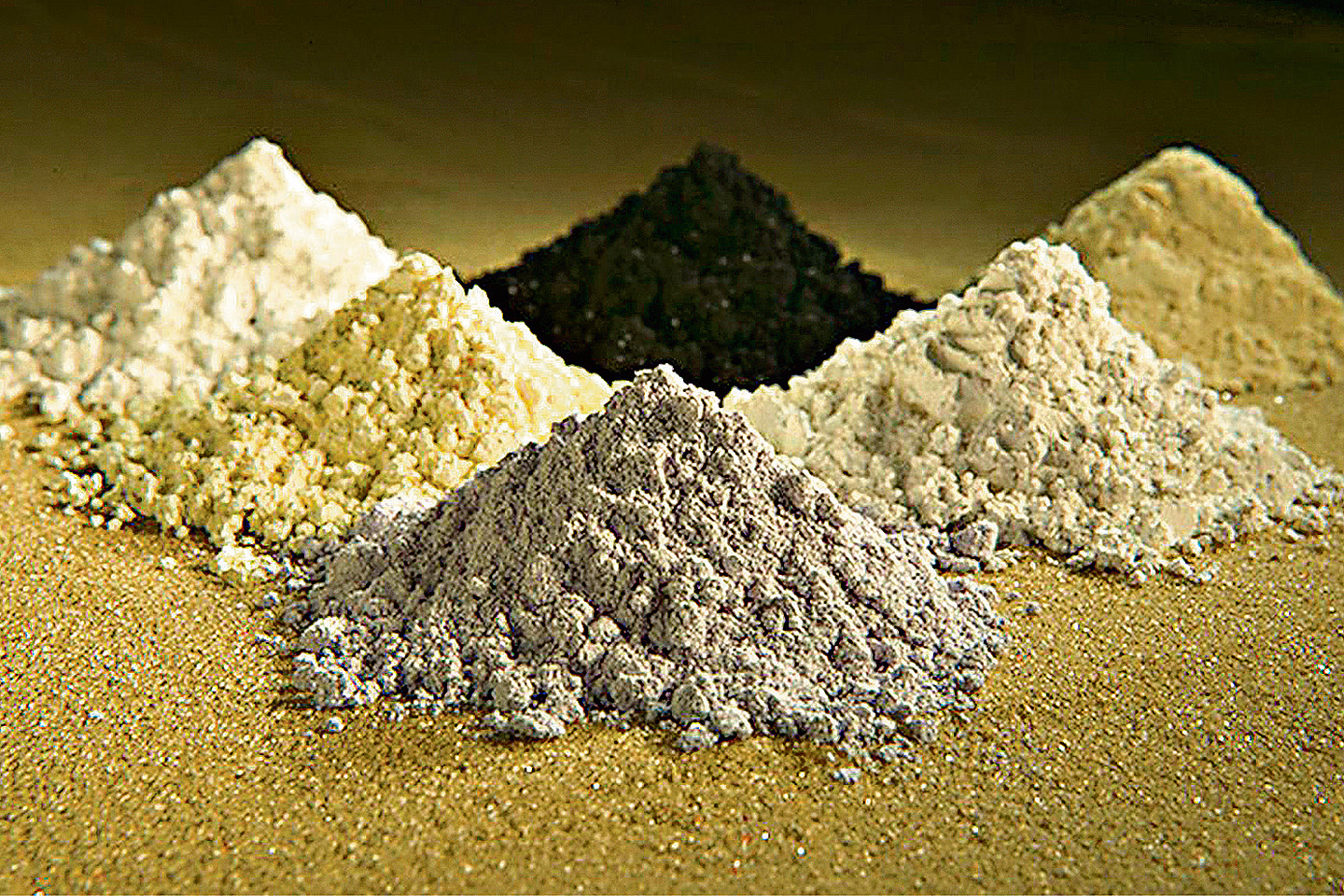ABx Group is edging towards a commercial-grade rare earths project after unveiling a new record intercept of 11m going an impressive 1700 parts per million total rare earths oxide (TREO) from just 2m at its Deep Leads-Rubble Mound project in Tasmania. Management says the intersection also contains 1m going 4444ppm from 7m and 1m grading 3629ppm from 8m.


ABx Group is edging towards a commercial-grade rare earths project after unveiling a new record intercept of 11m going an impressive 1700 parts per million total rare earths oxide (TREO) from just 2m at its Deep Leads-Rubble Mound project in Tasmania.
Management says the intersection also contains 1m going 4444ppm from 7m and 1m grading 3629ppm from 8m. The result comes after the company ran a 30-hole drill program to chase deeper zones of ionic clays, as it looks to build a bigger resource from its deposits.
ABx managing director and chief executive Dr Mark Cooksey said: “This result shows that our impressive early results were not one-offs and confirms our belief that we may have a much wider area of high-grade clays.”
The company says the result is being factored into planning of future exploration programs, with a final decision to be made once the last batch of assays have been received. The assays are set to also come with a revised resource estimate, so it is fair to say there is some excitement in the air with their pending arrival.
ABx’s project comprises its Deep Leads and Rubble Mound rare earths deposits, west of Launceston. Last month, it tabled a new inferred and indicated resource estimate totalling 21 million tonnes from 5 metres to 13 metres, containing 770ppm TREO and including the permanent magnet rare earths oxides, neodymium, praseodymium and dysprosium.
The heavy permanent magnet rare earths oxides, dysprosium and terbium, represent 4.2 per cent of the TREO, which the company says is the highest-known proportion for any rare earths resource in Australia.
ABx declared its maiden resource for Deep Leads-Rubble Mound last November and has since been drilling virtually non-stop to expand its discoveries.
The company also has a new tenement application that covers prospective ground in between its project and another rare earths deposit known as Wind Break. It has applied for government approval and support for an exploration campaign that could extend its rare earths mineral resources between 10km and 16km towards Wind Break.
Management believes the enriched level of high-value permanent magnet rare earths within the ionic clays at Deep Leads-Rubble Mound could be amenable to the low-cost production methods it is currently testing with consultants.
ABx has been working with the Australian Nuclear Science and Technology Organisation (ANSTO) on how to extract its rare earths from the surface of clay particles with a salt solution. The process developed by ANSTO is said to be relatively benign, with what is said to be less acidity than occurs in apple juice, thereby avoiding the need for more aggressive and expensive methods of extraction, in addition to lessening the environmental impact.
The company has leases across a rare earths province that stretches 52km across northern Tasmania – from Deep Leads in the west to Portrush in the east.
The latest result for ABx has certainly given a nudge to the idea that the company may have a tiger by the tail. Should the next batch of assays continue the hot streak, things could really heat up in the Apple Isle.
Is your ASX-listed company doing something interesting? Contact: matt.birney@businessnews.com.au












